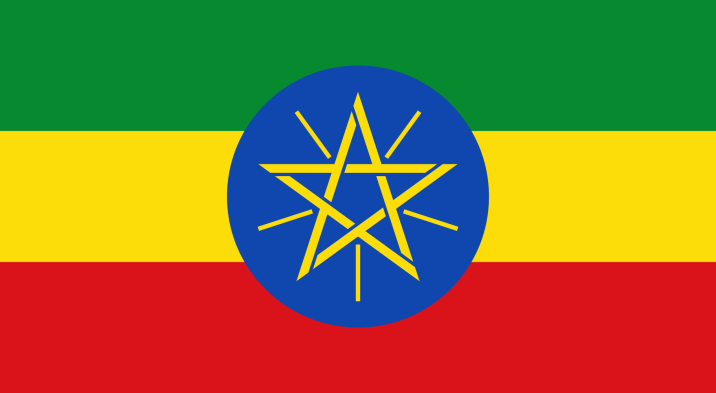
28 August 2015, The Ethiopia Herald
EDITORIAL
Labour migration, which has been mounting nowadays, is being favored by young Ethiopians from rural Ethiopia as a strategy for moving out of poverty.
Generally, the immediate cause for migration is search for employment and a better life, which is not far from the truth, but only partially. Ironically a single would-be immigrant to the Middle East may end up paying anywhere between 9, 000 to 15, 000 birr to hop inside a plane or a boat taking them across inhospitable lands.
The search for a job opportunity or better life is not bad by itself, for Ethiopia gains significantly as a result of remittances from citizens working abroad. Nevertheless, what is unacceptable is that, migrants are trapped into a situation where they become victims of trafficking during the migration process and are made to suffer abuse and exploitation at the hands of hostiles in hostile lands. According to the estimation of the Ministry of Labour and Social Affairs (MoLSA), around 1.5 million Ethiopians had left the country illegally between the years 2008 and 2014. While, 480,480 Ethiopians went to Arab countries legally during these years.
Yet warning tales are not enough to counter the root causes of Ethiopia’s exodus, and even a negative personal experience often does not deter people from trying again.
There is no easy immediate solution to the migration or trafficking dilemma. The root causes of trafficking are complex and often interrelated. Poverty, unemployment, lack of good governance, favoritism, bureaucratic red tape are among the many reasons cited by many migrants. It is important to note that each country presents specific factors or a combination of multiple factors that are unique to each situation.
As a country bearing the brunt sides of the stick, alongside to establishing a national task-force and drafting a new law, Ethiopia is taking several measures to find a lasting solution. It is all out to combat illegal migration. Such is the announcement that ‘Domestic Workers’ Recruitment Agreement’ to protect the rights of Ethiopian domestic workers in Saudi Arabia is going to be signed between the two governments in September. By signing the deal, the Saudi government takes responsibility to ensure safety of Ethiopian domestic workers in terms of getting salaries on time, protected from any physical assaults and safe return back home.